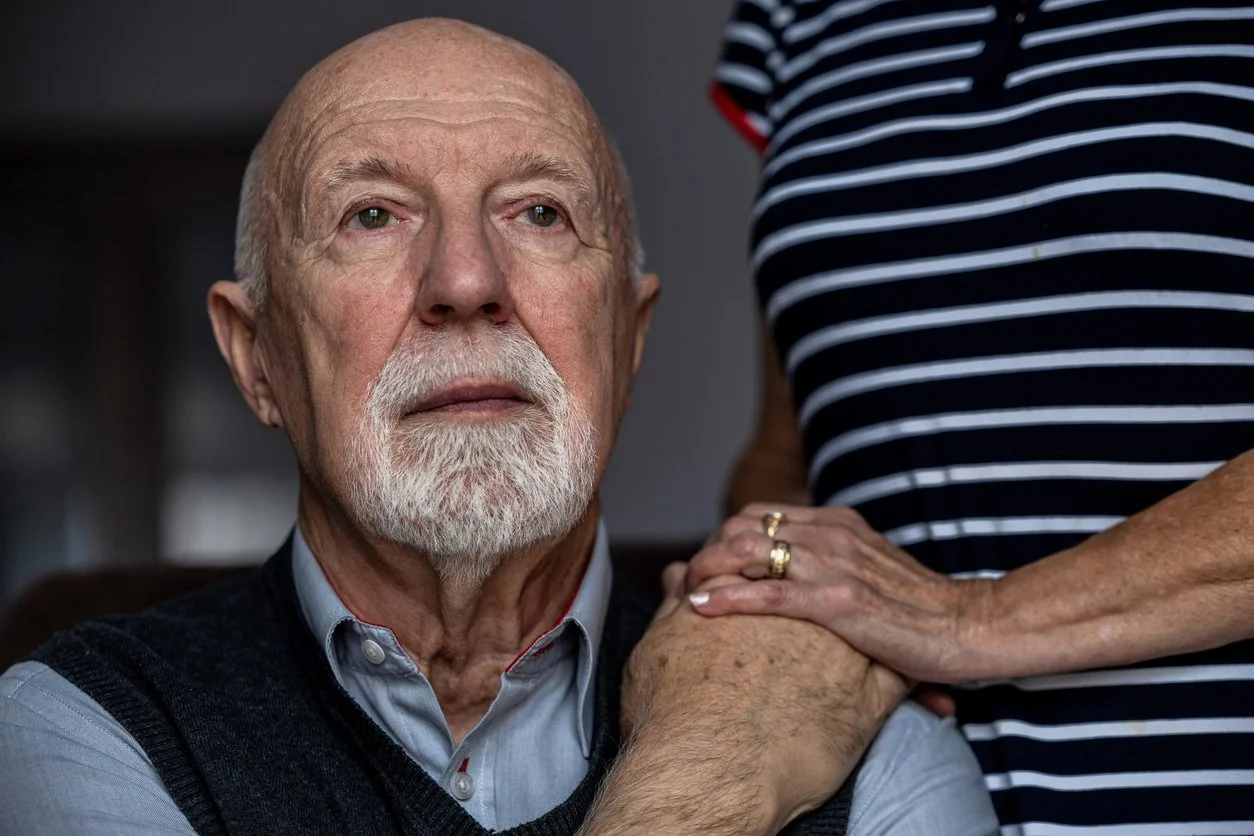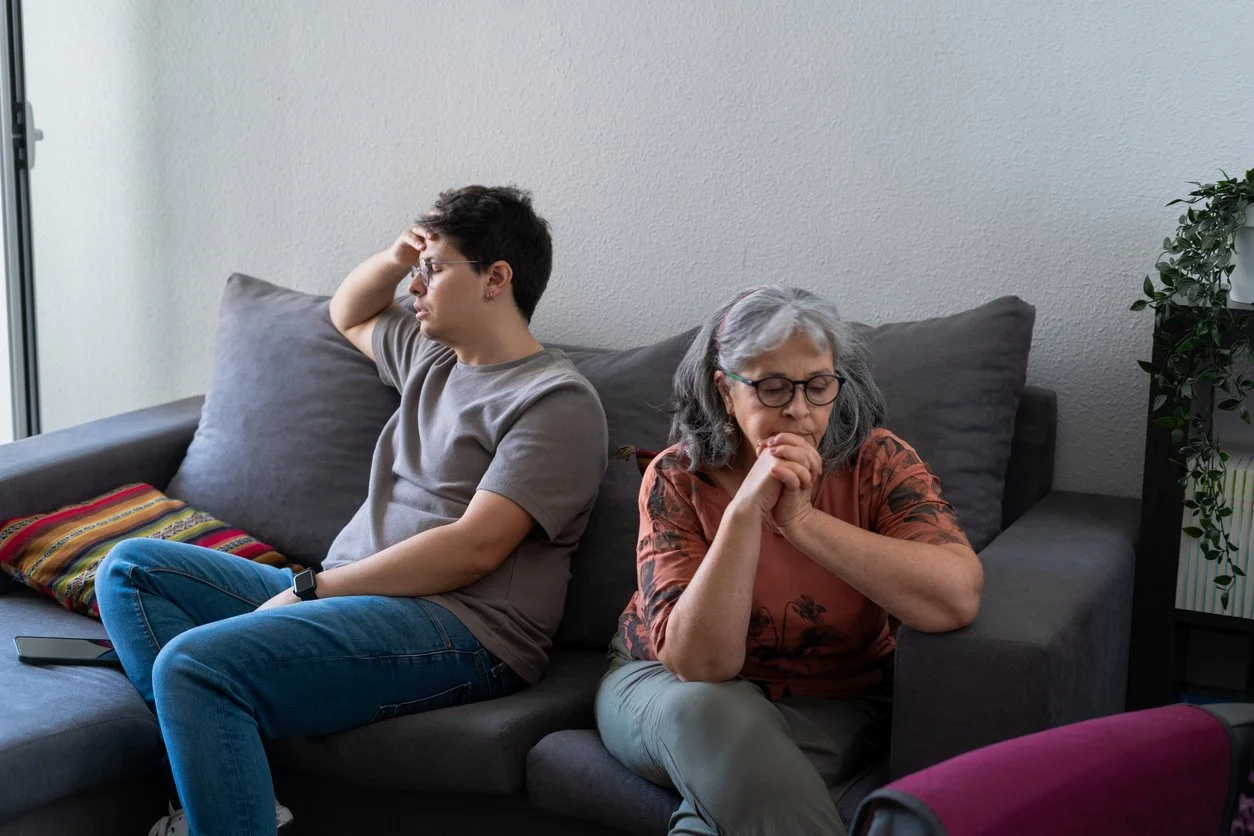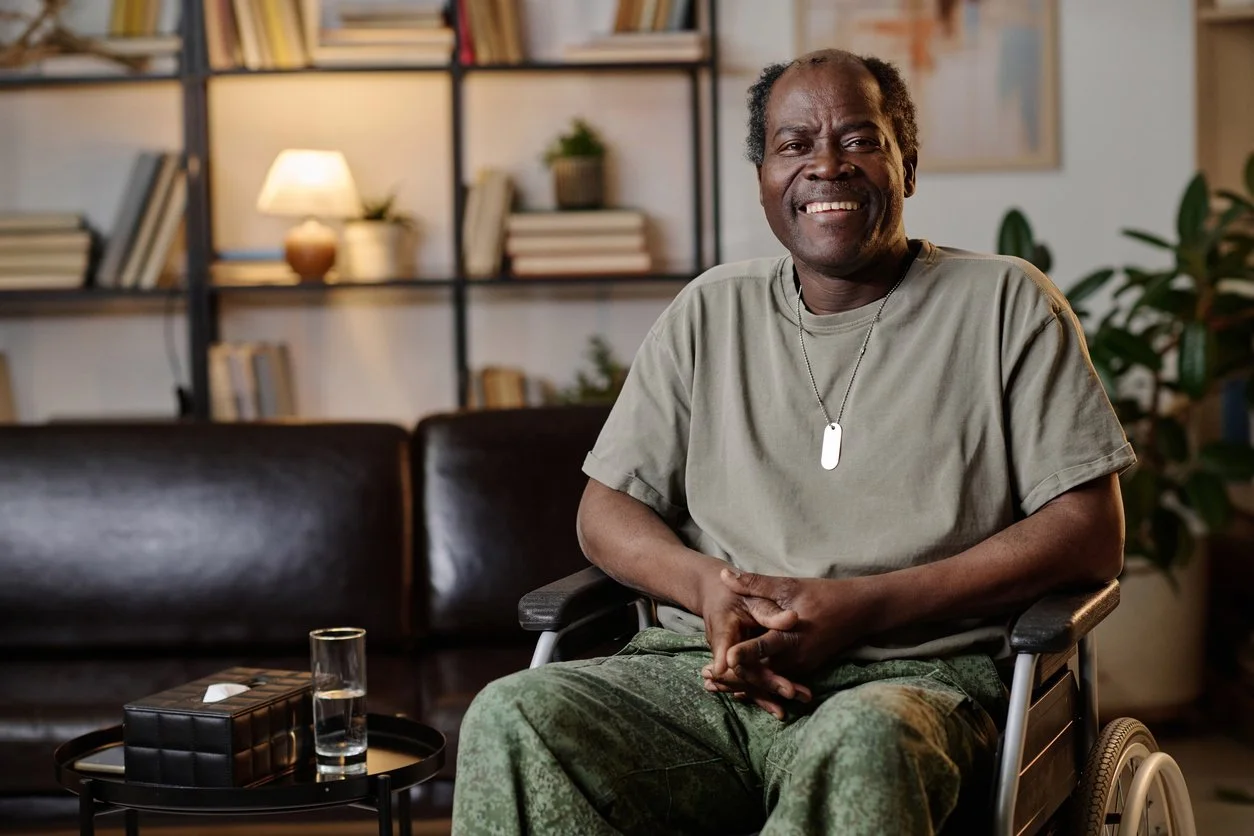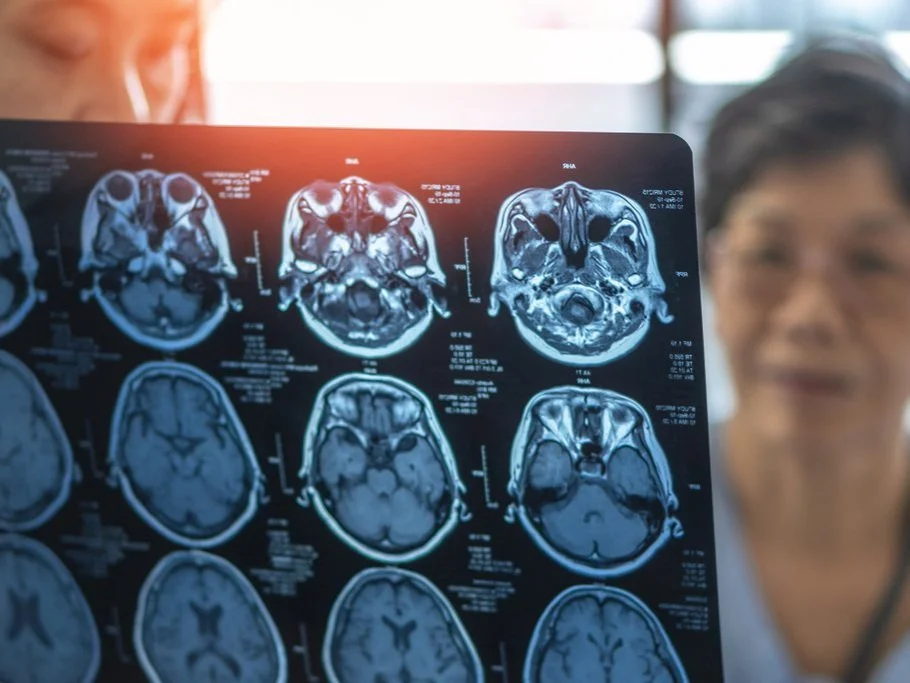Welcome to the February newsletter!
Caregiver Tips: Emotional Well-being for Dementia Caregivers
Dementia caregiving impacts many aspects of a caregiver’s life, including emotional well-being. Caregivers may find themselves navigating unpredictable emotional terrain, balancing practical responsibilities with the evolving needs of someone they care deeply about. It is common to feel both committed and overwhelmed, hopeful and exhausted, connected yet isolated.
The Needs of Dementia Caregivers
Not long after his wife was diagnosed with Alzheimer’s disease, Tom Lee picked up a book on caregiving, one of the many he’d devour in those early, frightening weeks, when the future felt suddenly impossible to imagine. Amid all the information and advice, he read a line that stopped him cold. “It said, make sure you take care of yourself, and leave at least 15 minutes to yourself every day,” he remembers. “I thought, 15 minutes? Are you kidding me? That’s not even enough time to open a book. When I read that, I really started to wonder what I was in for.”
Caregiving for Dementia: 8 Key Steps for Care Planning
If you or a loved one has been diagnosed with Alzheimer’s disease or another form of dementia, thinking about the future can be daunting, as there’s a great deal of uncertainty.
However, planning for how you and your family will manage life — and care needs — going forward is crucial, particularly given the progressive nature of the causes of dementia.





























































